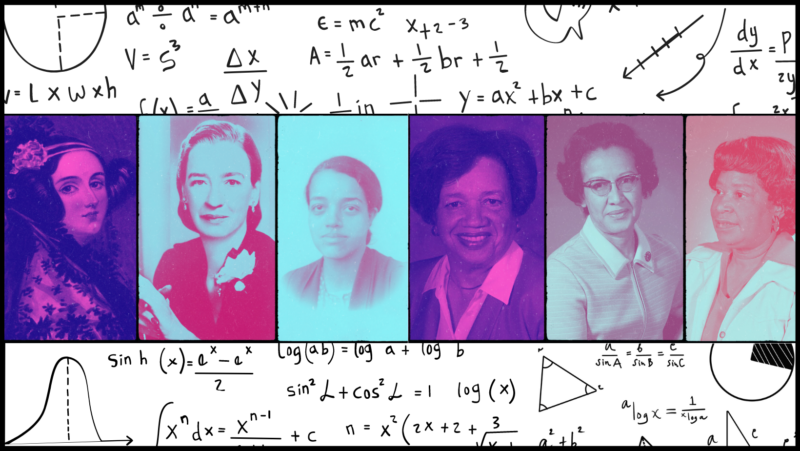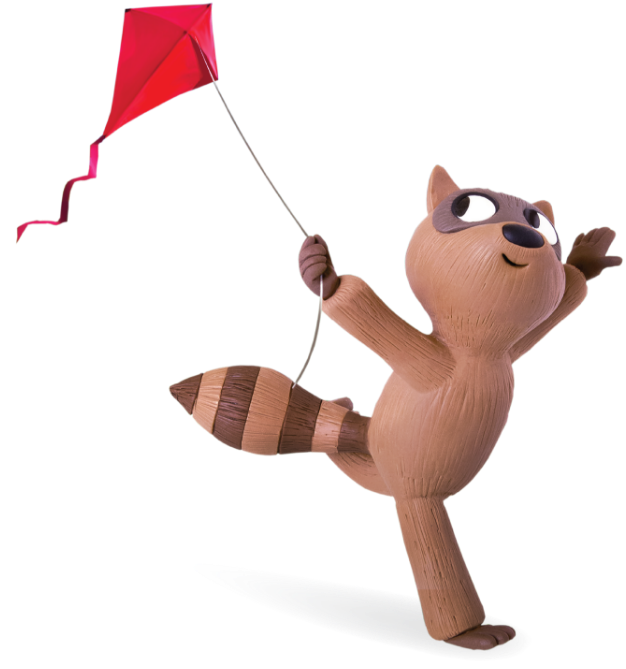Insights
Women in Math: Computer Science and Coding Pioneers
Countless women have and continue to contribute to the vast field of computer science and coding. The following are just a handful of these incredible women and their accomplishments.
Role Models:
- Ada Lovelace (1815-1852): World’s first computer programmer
Have you ever wanted to develop a language? Well, that’s exactly what Ada Lovelace did! She developed the language of the computer long before the first computer was even invented. She translated engineering notes from French to English for the Analytical Engine being developed by Charles Babbage. Realizing the machine was much like a weaving machine which relied on patterns, Ada Lovelace wrote notes on how the machine could use patterns, or codes, to calculate numbers and form letters. National Geographic Kids wrote that “because of her advanced way of thinking, she’s often considered the first computer programmer. In fact, in 1979, the U.S. Department of Defense named a new computer language ‘Ada’ in her honor.” You can read more about her life at National Geographic Kids.
- Grace Hopper (1906-1992): Creator of the first compiler
Ever wonder where the term “bug” came from when referring to computer malfunctions? Women’s History reports that Grace Hopper first used it while helping to create the Mark I, an early prototype of the electronic computer. She never let malfunctions stop her though. Grace developed the first compiler (or computer translator) so that computer programs could be written in human languages, such as English, rather than machine languages. She finished building the first compiler in 1952 and went on to help with creating the initial compiled languages. These eventually became the COBOL (Common Business Oriented Language), allowing computer programs to be transferable between computers instead of having to be rewritten for each device. Not only did she make great contributions to computer science, but she also used her incredible knowledge of language and coding to serve her country, retiring as Rear Admiral of the Navy. Grace Hopper once said, “The most important thing I’ve accomplished, other than building the compiler, is training young people. They come to me, you know, and say, ‘Do you think we can do this?’ I say, ‘Try it.’ And I back ‘em up. They need that. I keep track of them as they get older and I stir ‘em up at intervals so they don’t forget to take chances.” For more info about her love of teaching and accomplishments, visit the National WW2 Museum.
- Dorothy Vaughan, Mary Jackson, Katherine Johnson, and Christine Darden: Human Computers in the NASA Space Race
The biographies and accomplishments of these four incredible women can be found in the book, Hidden Figures. There is also a 2016 movie by the same name. Along with other ladies known as the “West Area Computers”, these women were mathematicians and aeronautical engineers serving as “human computers” able to work faster and more accurately than the new electronic computers. According to Scientific America, “the West Computers became engineers, (electronic) computer programmers, the first black managers at Langley and trajectory whizzes whose work propelled the first American, John Glenn, into orbit in 1962.” Visit Smithsonian Magazine to learn more about the lives and contributions of these Hidden Figures.
Looking for ways to inspire the girls in your class to get involved with computer science and coding? Here are a few ideas to get you headed in the right direction:
Coding programs:
It is not likely your elementary girls will be building computers at school, but they can certainly start learning how to code them. Many are already interested in computers in various forms such as desk/laptops, tablets, and phones. You can help them begin learning the science behind those devices with basic coding programs for kids. These programs spark creativity, increase math skills, improve problem-solving, and help with organizational planning and thinking.
Organizations and Competitions:
For information about current organizations committed to helping girls learn more about computer science and other STEAM topics, check out:
- Girls Who Code
- SciGirls
- GEMS
- Girls, Inc.
- Girlstart
- Scratch Olympiad (open to boys too)
- American Computer Science League (open to boys too)
Computer Science Lesson Resources:
For ideas and activities to incorporate Computer Science into your math lessons, check out these websites!



